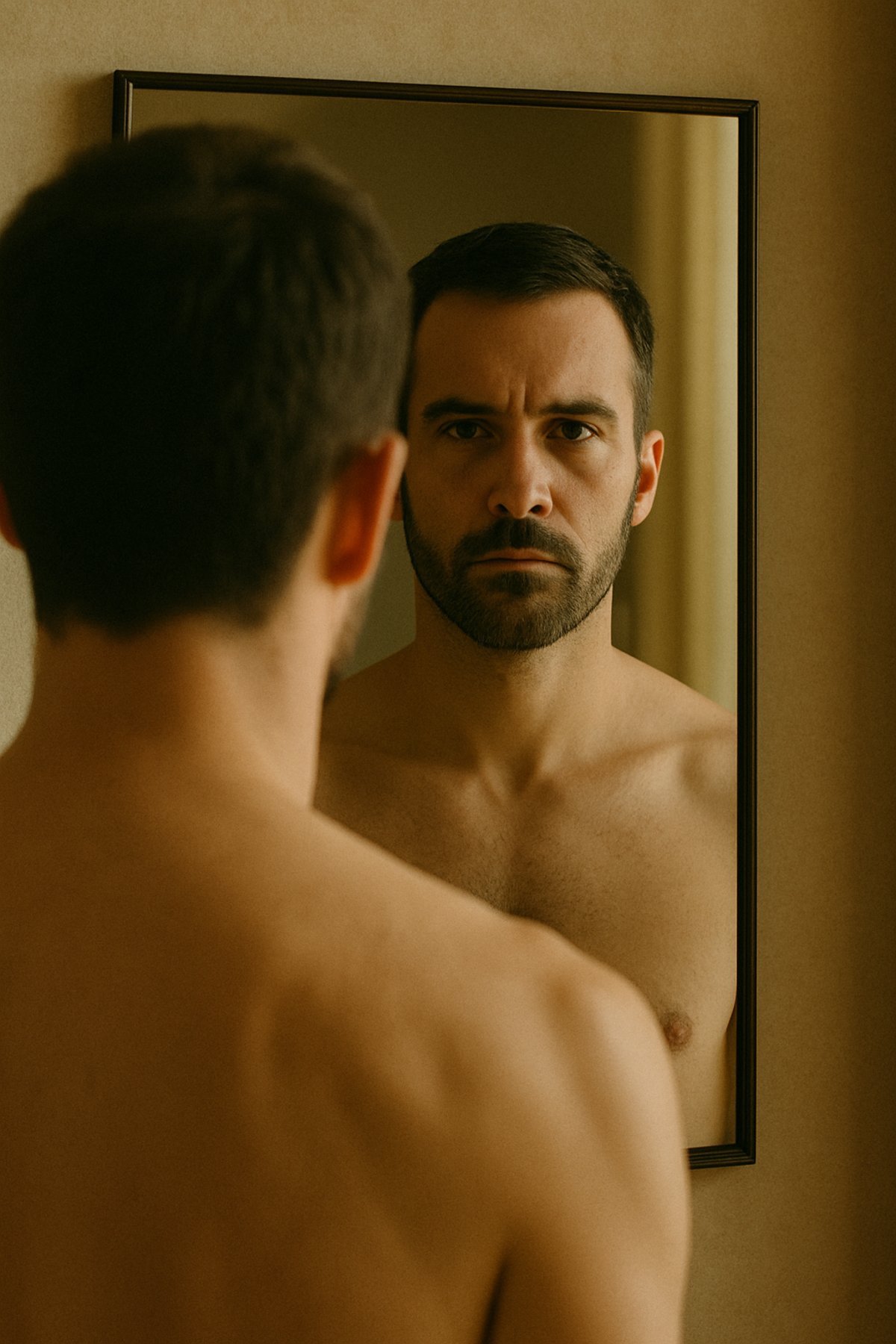Vulnerability Through Ownership

We often confuse vulnerability with exposure. As if being vulnerable means being weak, being dramatic, or putting our pain on display for others to fix. But true vulnerability—the kind that creates connection, healing, and change—isn’t just about showing emotion. It’s about taking ownership of what’s real inside us.
It’s the difference between “You made me feel this way” and “I feel this way.”
It’s the difference between spiraling in shame and saying out loud:
“This is mine. And I’m choosing to face it.”
In my work with men navigating separation and divorce, I see this shift again and again. A man moves from blaming his ex, his past, his circumstances—to owning his experience.
The shift from blaming to ownership is subtle but profound.
Suddenly, he’s no longer stuck in a story.
He’s standing in his truth.
When men step into ownership, something changes. Their pain doesn’t vanish, but it transforms. It becomes a bridge instead of a barrier. And on the other side of that bridge is real connection—with themselves, with others, with the life they want to build next.
But this kind of ownership isn’t only emotional—it’s linguistic.
It's somatic. It lives in the body and in the way we speak.
So many men have been taught to treat vulnerability as something you perform—you cry, you share, you confess. But what if the most courageous act of vulnerability isn’t in the tears—but in the claiming?
When I say:
“I have a judgment” — it becomes about me, not the other man.
When I say:
“My fear wants to run” — I’m not collapsing into it. I’m naming it. I’m standing beside it, not being overtaken by it.
When I say:
“I have an opinion”, “I notice a reaction in my chest,” or even “My mind is spinning right now” — I am practicing ownership in real-time.
This is the act of vulnerability—not just the expression of emotion, but the decision to stand in your own experience and name it as yours.
Ownership allows us to access our own power without needing to control or defend. And that power, when grounded in truth, is magnetic. It creates trust.
This kind of ownership has a compounding effect:
- It cultivates safety for others.
- It creates clearer connection.
- It keeps your power inside your own body.
- It expands self-awareness every time you do it.
I’ve seen men go from guarded and reactive to grounded and present—not by fixing themselves, but by finally claiming themselves. One sentence at a time.
I’ve also lived it.
Early on in my journey, I misunderstood vulnerability. I thought it was about bleeding all over the floor, hoping someone would mop it up with love. But that just left me more dependent on how others responded.

What changed everything was ownership. When I started saying, “Here’s what’s real for me,” and didn’t make anyone else responsible for it—that’s when people could actually see me.
Not the mask.
Not the performance.
Me.
The more we practice saying “my thoughts, my judgments, my emotions, my experience,” the more space we create—for others to meet us, and for our ego to loosen its grip.
This is how vulnerability becomes leadership.
Not because we’ve mastered emotional performance, but because we’re committed to radical honesty—starting with ourselves.
You don’t need to wait for a breakthrough.
You don’t need to be more healed.
You don’t need to prove anything.
You just need to own what’s yours.
And when you do? You invite others to do the same.